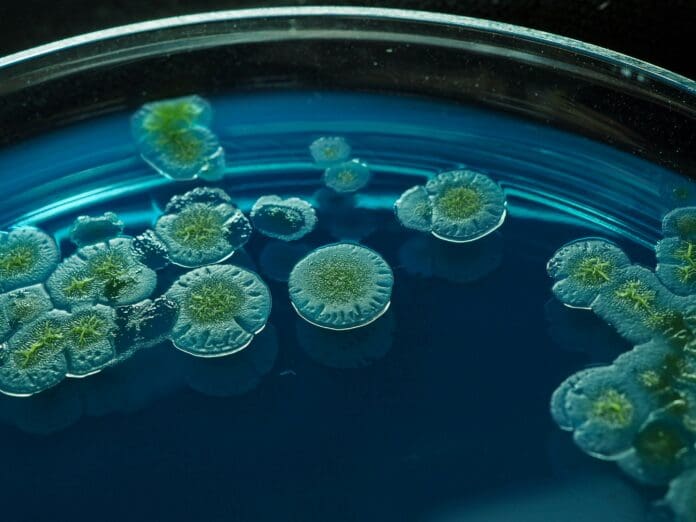This post is also available in:
 עברית (Hebrew)
עברית (Hebrew)
For centuries, gout has been associated with painful joints. In reality, it’s the outcome of years of elevated uric acid levels—known as hyperuricaemia—that gradually lead to inflammation and tissue damage. Despite the availability of effective medications, many patients face long-term side effects and difficulties in maintaining treatment.
A new European research initiative, Bugs4Urate, funded by the European Innovation Council (EIC) Pathfinder programme, is taking a different route. Rather than relying solely on chemical drugs, the project is exploring how beneficial microbes could naturally reduce uric acid levels, potentially preventing gout before it starts.
The idea is rooted in biology. Certain microbes, found in soil and animal or human microbiomes, produce enzymes that convert uric acid into harmless compounds. The Bugs4Urate team—led by the University of Copenhagen with academic and industrial partners from across Europe—is identifying and refining these microbes for use in the human gut. The goal is to develop a living therapy that can safely and sustainably manage urate levels.
Behind the scenes, the research combines microbiology, computational modelling, and preclinical testing. Scientists are scanning genomic databases and environmental samples to locate microbes with the right metabolic capabilities. These are then optimised to survive and function within the complex ecosystem of the human gut. Using digital “gut twins,” researchers can predict how these engineered microbes will interact with human metabolism before any real-world trials begin.
According to the Innovation News Network, early laboratory data are promising, and clinical testing is planned for 2026. If successful, the approach could mark a shift from treating painful gout attacks to preventing them entirely.
Beyond gout, this microbial approach could also influence how other metabolic conditions are managed—from kidney stones to metabolic syndrome—by restoring missing biological functions rather than suppressing symptoms.
While challenges remain in safety, regulation, and personal variability, Bugs4Urate represents a growing movement toward microbiome-based therapies. It’s an example of how Europe’s innovation ecosystem is leveraging biology itself to address long-standing health problems in new and sustainable ways.
The project’s official site can be seen here.


























